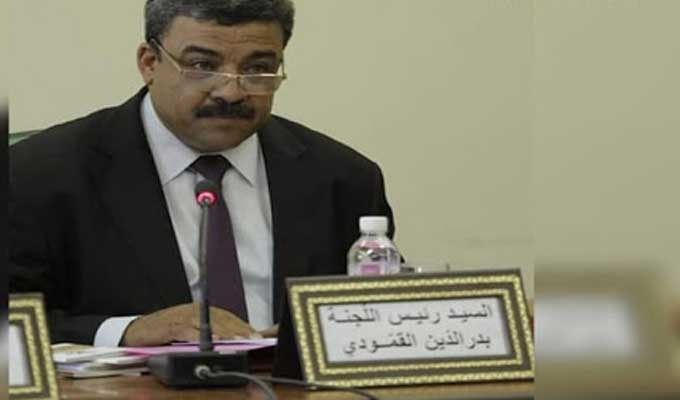
Under the supervision of the department of the ‘Main d’Oeuvre Indigène’ (or Indigenous Work Force), depending itself on the Ministry of Labour, these newly arrived men were considered as ‘ non-specialised work force’. Instead of joining the French army, these men joined weapon factories. He teaches sociology and contemporary history in French Universities (Amiens, Lille, Aix Marseille, International Collège of Philosophy in Paris) and foreign universities (in Brazil, Canada, Japan….).Īlong with the entry into war in 1939, the Indochinese administration was given the order to send more than 20 000 men from the occupied region to the metropolis. Speaker : Trinh Van Thao (1938, Sud Viêt-Nam) completed most of his higher learning in France (Sciences Po, Sorbonne). Marxist critique and translator of Hegel and K.Marx in Vietnamese, he was subjected to the repression of the Communist party during the Hundred Flowers Campaign (1956-1957). A leader of the Vietnamese diaspora under the German occupation in France, he returned to his country just after the outbreak of the Indochina war, where he joined the anticolonial movement that supported the national independence. Husserl following the publication of his book Phenomenology and dialectic materialism in 1950. Student of Cavailles, he has been considered as one of the best specialist of phenomenology and of E. Admitted to the École normale supérieure of the Rue d’Ulm, Paris, he passed his philosophy aggregation. Tran Duc Thao (1917, Hanoi- 1993, Paris) was one of the greatest contemporary Marxist philosopher in Vietnam. For two years she has been teaching at the University of Hanoi, Vietnam. She has published dozen of articles and participated in various international symposiums and conferences. In the course of her PhD and in relation with her studies, she travelled both in Vietman and Algeria, for two years. Amandine Dabat also graduated in Vietnamese studies at Paris-Diderot University (Paris VII). Her thesis dealt with the life and the work of the Vietnamese emperor Hàm Nghi (1871-1944). Speaker : Amandine Dabat has a PhD in art history, that she has obtained at the University Paris-Sorbonne (Paris IV).

This newly acquired skill would become central to his life. In Algiers, French administration allowed him to study in fine arts with a painting teacher. After being hold captive three years later, he was sent into exile in Algeria, a deed France was responsible for. In 1885 he became the ruler of Vietnam at 13 years old only for a sole year. Invited by Bétonsalon – Centre for Art and Research for a residency in Paris, and in the relation to the exhibition Anywhere but Here, Tran Minh Duc will focus on the overlooked details of young prince Canh’s visit to France.Įmperor Hàm Nghi (咸宜, 1871, Huế - 1944, Alger), known as ‘The Anman Prince’ during his exile, resorted to his given name ‘Tu Xuân’ as his pseudonym.

In order to do so, he studies the interaction between individual and collective spheres, between ideas such as the local/ internal and foreign/external. With his artistic practice, he investigates Vietnamese urban life characteristics. His interest lies in the Past, its fragmentary modes of diffusion and the way it interacts with our present time. Speaker: Tran Minh Duc (1982, Hô-Chi-Minh-Ville, Vietnam) is a Vietnamese artist. This journey transformed South-East Asian political spectrum and shaped the connexions between France and Vietnam. As young as five years old, the young prince was sent to Versailles with a delegation in order to convince King Louis XVI to support his dynasty. Prince Canh, Nguyen Phuc Canh (1780-1801), is an emblematic figure of the relations between South-East Asia and France. We will do so by highlighting the way in which these intimate trajectories between South-East Asia and France allow to perceive the complexity of the policies of development and preservation of the colonial regime, along with the emergence of clandestine anti-colonial movements. The first session of the program Anywhere But Here at Bétonsalon - Center for Art and Research aims at focusing on the movement of some individuals that were closely related to the history of the Indochinese Union. The engagement of Emperor Hàm Nghi, 1904, © Rights reservedįrom 1862 to 1954, France has engaged with a policy of "taking possession" (or "protection order") in South-East Asia, by integrating the entirety of Cambodia, Laos and Vietnam, as well as a part of oriental China to its colonial empire.


 0 kommentar(er)
0 kommentar(er)
